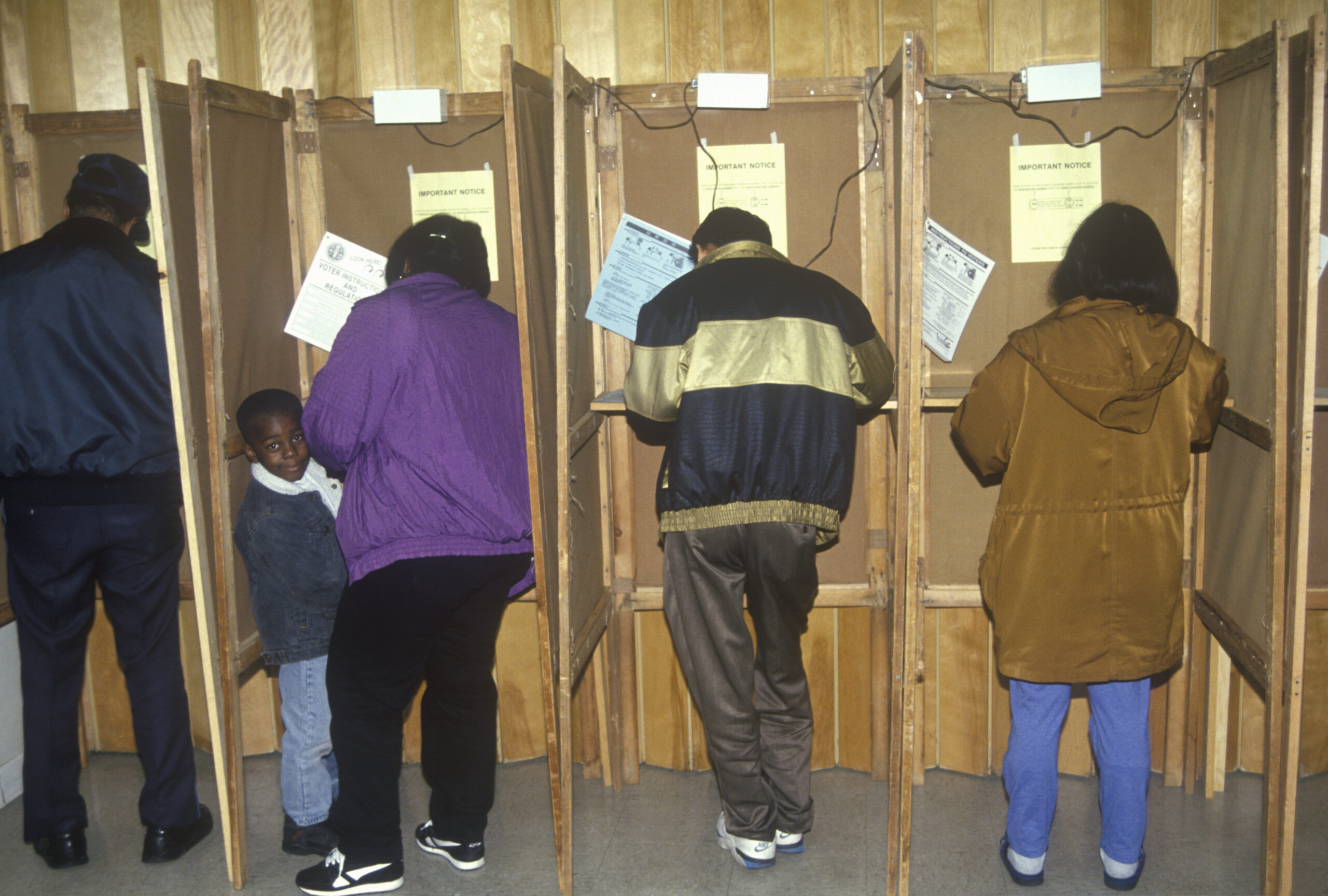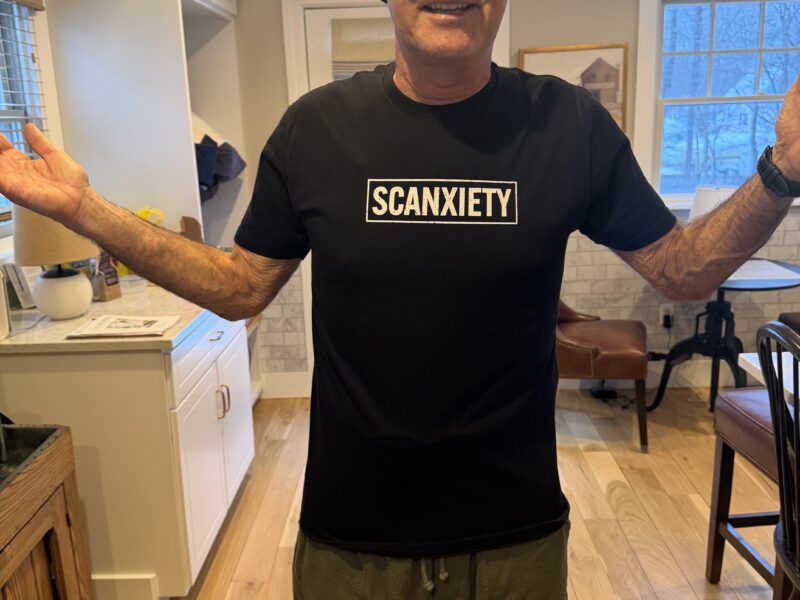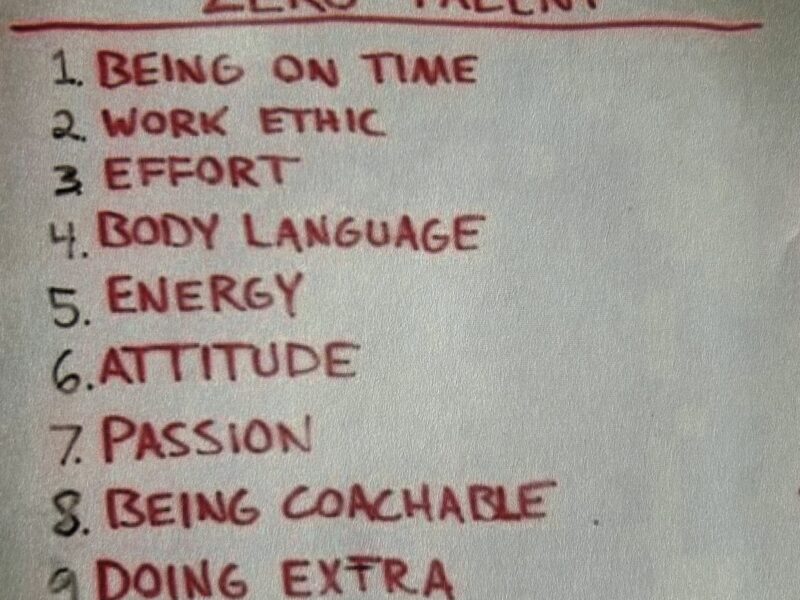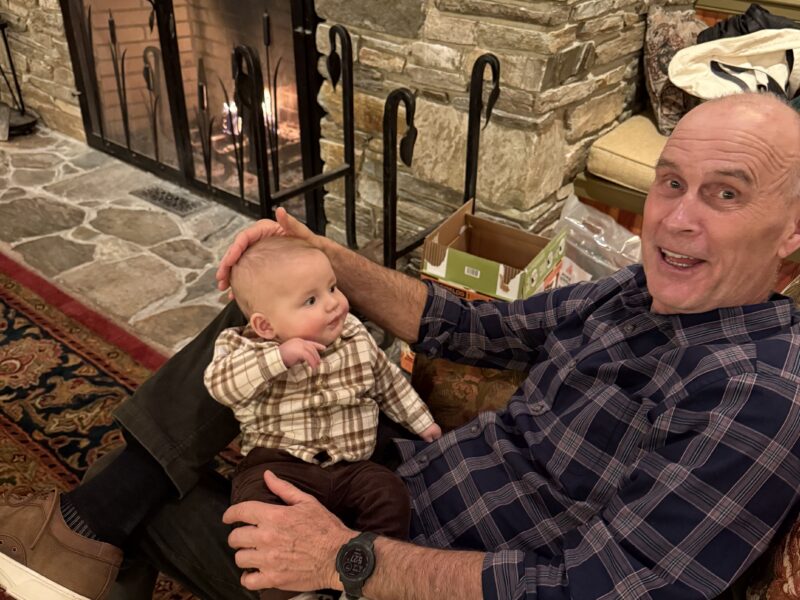
I recently had the attached op-ed piece — “A Low Voter Turnout is Demagogue’s Dream” — published in the Portland Press Herald.
https://www.pressherald.com/2024/07/27/opinion-a-low-voter-turnout-is-a-demagogues-dream/
In the event that you just clicked on the above link only to be confronted by one of those pesky paywalls, you’re in luck! Not only is the piece printed below in full, it’s more than in full. (In other words, it includes the parts that the PPH deleted in order to meet its space and verbosity limitations.) Since I scoff in the face of verbosity limitations, here you go:
My turning 18 in 1972 just happened to coincide with changes in both U.S. federal and Maine state laws that suddenly found me permitted to engage in two activities that had been forbidden to 18-year-olds preceding me:
- I could vote in elections
- I could buy/drink alcohol in stores, bars, and restaurants.
Truth be told, at the time, I was more excited about #2 than #1, but both changes felt like a substantive, tangible shift in my transition from child to adult.
As a national experiment, #2 — based, at least in part, on the premise behind a popular saying that said “if you’re old enough to fight, you’re old enough to drink” — did not go all that well. In 1984, the National Minimum Drinking Age Act reversed imbibement privileges back to 21. (And as far as the “fighting” thing goes, the draft ended in 1973.) As for #2 and me, let’s just say that in 1985 I entered into my own self-imposed Volstead Act which remains in effect… as of today, anyway!
Turning to #1, after voting in every presidential election since 1972, my win-loss record currently stands at 7Ws & 6Ls. My 52 years as a voter has been an unplanned tour of party affiliations where I have logged at least a decade in each of the two major parties. Although I’ve been an Independent for most of this century, I have never ultimately voted for the Independent candidate on any presidential election day. Seven times I have voted for the Republican and six times for the Democrat.
Speaking of 21st century presidential politics, the past 6 elections have been especially trying, both personally and nationally. Voting for the “lesser of two evils” has come to feel, to me anyway, like a new normal. It also appears to have fueled an off-the-charts national cynicism. What’s more, two of the six elections we have had in this century — 2000 and 2016 — ended with an ultimate winner who did not win the popular vote. (Studying this scenario in high school government class, I recall our teacher — the legendary Edward P. Legg — insisting that we were expected to understand its mechanics despite acknowledging it as a rarity that had only happened three times before “way back in the 1800s.”)
Another unusual development in recent presidential politics has to do with age. Before President Biden stepped down from consideration this July, we were basically looking at two octogenarian candidates. Truth be told, we’ve been drfiting this way for a while. Assemble a Top 10 list of major presidential candidates by age and you’ll find that all ten appeared in post-1980 races. How unique is this? Well, between the 1880 and 1976 races — just shy of a full century — only four candidates were over 60 and the oldest of these was 67. Of course, mortality rates have changed and people are living longer. But still…
As we head into what promises to be a passionately partisan and contentious election season, I feel most concerned about those who currently plan not to vote. On the one hand, this sentiment raises the ire of this government/history major and longtime teacher of both subjects. On the other, aggressively or cleverly opining into the echo chamber that is social media seems to do little more than cause people to cling for life to the positions they have already adopted.
So, why vote?
My position borrows from the George Jean Nathan (1882-1958) quote: “Bad officials are the ones elected by good citizens who do not vote.”
My aforementioned 7-6 win-loss record shows that my voting history has involved a fair amount of disappointment. What is does not show is the fact that most of the candidates I was really excited about never even received their party’s nomination. It also does not show the level of anguish I felt over some of those six losses. Simply put, I have voted for some great candidates who never got to the White House, the Blaine House (Maine’s gubernatorial place of residence), or the hallowed halls of the Capitol Building in DC. All of this has led me to the biggest reason why I will always vote and why I believe you should, as well…
It’s the simplest measure that ordinary citizens can take to keep Nathan’s “bad officials” out of office. It is perhaps ironic that the more people who vote may well reduce the chances that your preferred candidate will win, but at the same time, it also reduces prospects of victory for the demagogue. After all, the demagogue prays for a low turnout. Why? Because the demagogue’s base will show up at the polls no matter what. That’s no problem so long as that fervently dedicated base is drowned out by a high voter turnout. The lower the turnout, the more power that base wields on election day.
Another way to make this point is through the use of “The Shopping Cart Theory,” a viral concept proposing that our moral character can be analogous to the timeless dilemma we face in the supermarket parking lot: Do we return the shopping cart to the designated rack a short walk from our car… Or… Do we simply leave it wherever it suits us? Add to this that there is no direct reward for returning it to the rack, no penalty for not returning it, and no one is watching in judgment. It’s simply the right thing to do and it speaks to that old adage of character as that thing we do when no one is watching.
Similarly, voting comes with neither direct reward nor penalty and no one knows what you did behind the curtain of that booth. But the more voters there are, the less chance that someone truly bad will emerge as a victor capable of diminishing our lives as well as those of family, friends, and strangers who will follow. And doing it — i.e., voting — is as easy as, well… returning a shopping cart.
Onward, Malcolm Gauld



